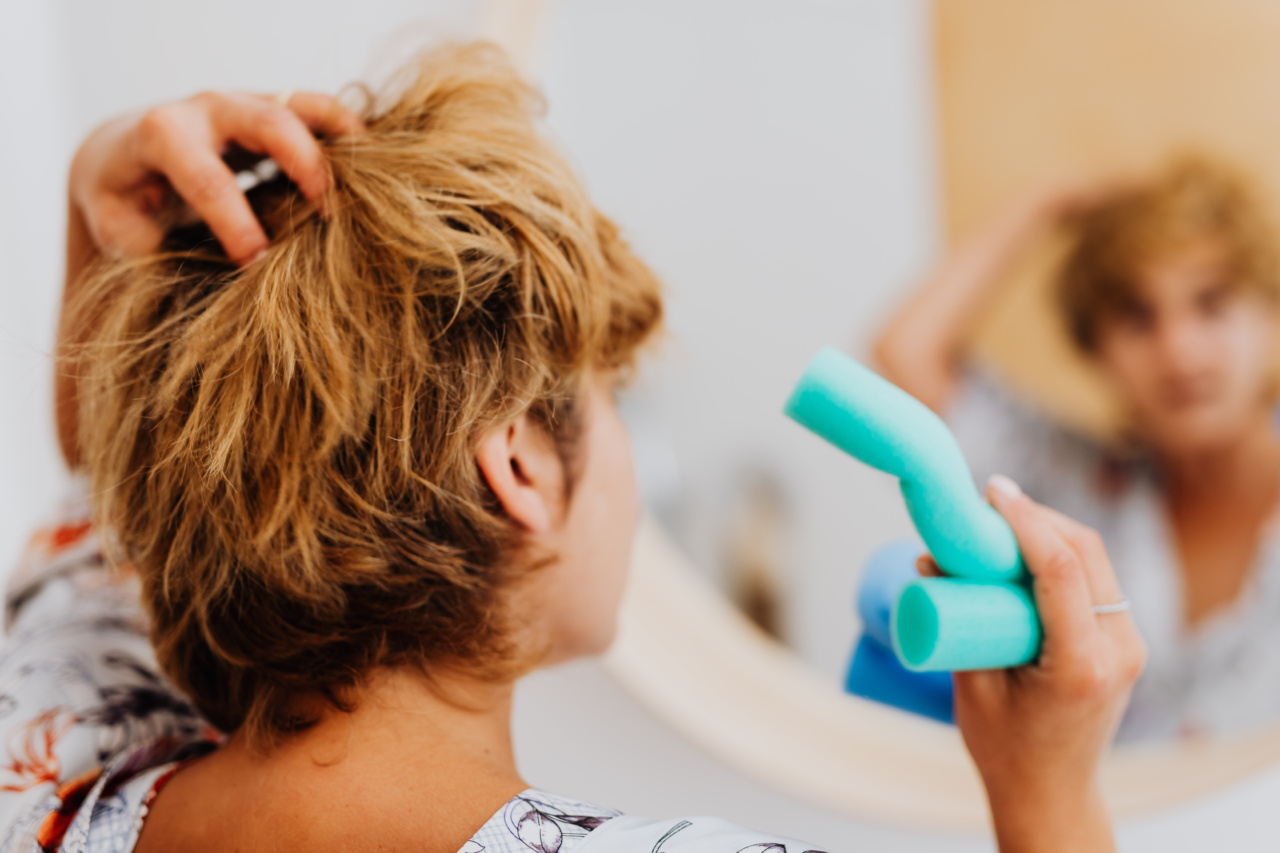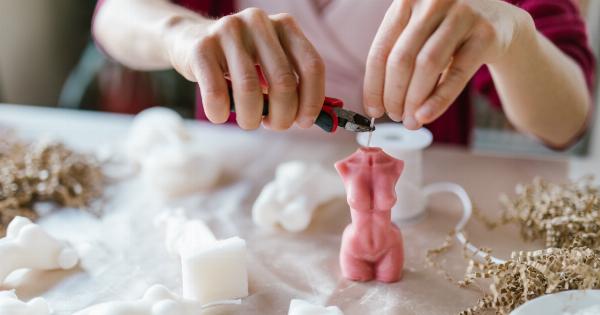We all know that maintaining a proper oral hygiene routine is crucial for keeping our teeth and gums healthy. We brush, floss, and visit our dentist regularly to ensure that we are taking proper care of our dental health.
However, many of us may unknowingly be engaging in habits during our evening routine that can harm our teeth.
The Nightly Teeth Grinding Habit
Teeth grinding, also known as bruxism, is a common habit that affects both children and adults. It typically occurs during sleep and is often caused by stress, anxiety, or an abnormal bite.
Grinding your teeth puts excessive pressure on the jaw and can cause damage to your teeth and surrounding tissues.
If you wake up in the morning with a dull headache, jaw pain, or worn-down teeth, you may be grinding your teeth at night.
It is important to address this habit as it can lead to serious dental problems, including cracked or fractured teeth, receding gums, and even temporomandibular joint disorders (TMJ).
The After-Dinner Snacking Trap
After a long day, it is tempting to indulge in late-night snacks or desserts. However, frequent snacking, especially on sugary or acidic foods, can wreak havoc on your oral health.
Bacteria in your mouth feed on the sugars and produce acid, which can erode tooth enamel and lead to cavities.
Additionally, snacking right before bed does not give your mouth enough time to produce sufficient saliva, which plays a vital role in neutralizing acid and maintaining a healthy oral environment.
Lack of saliva flow can contribute to dry mouth, bad breath, and an increased risk of tooth decay.
The Brushing Mistake You Might Be Making
While brushing your teeth before bed is essential, the technique you use matters just as much as the frequency. Using a hard-bristled toothbrush and aggressive brushing can erode tooth enamel and irritate your gums over time.
It is recommended to use a soft-bristled toothbrush and gentle, circular motions when brushing. This technique helps remove plaque and food particles without causing damage to your teeth and gums.
Additionally, make sure to give your toothbrush enough time to dry thoroughly between uses to avoid the growth of bacteria.
Unconscious Mouth Breathing during Sleep
Many people are unaware that they breathe through their mouths during sleep. Breathing through the mouth instead of the nose can lead to a dry mouth, as the saliva produced is not enough to keep it adequately moist.
This dryness can promote bacterial growth and increase the risk of tooth decay and gum disease.
If you frequently wake up with a dry mouth, sore throat, or experience snoring, it is important to address mouth breathing during sleep.
Consult with a healthcare professional to determine the cause and find appropriate solutions, such as using a nasal spray, wearing a dental device, or seeking treatment for underlying allergies or sinus issues.
Using Your Teeth as Tools
Opening packages, tearing tape, or cracking nuts; we have all been guilty of using our teeth as tools at some point.
While they may seem convenient in the moment, this habit can lead to chipped, cracked, or broken teeth, as well as damage to dental restorations such as fillings or crowns.
Remember, your teeth are specially designed for biting and chewing food, not for performing non-dental tasks. Always reach for a pair of scissors or the appropriate tool instead of using your teeth.
By doing so, you can prevent unnecessary dental emergencies and maintain a healthy smile.
The Effects of Alcohol and Tobacco
Many individuals wind down their evenings with a glass of wine, a beer, or a cigarette. However, these habits can have detrimental effects on your oral health.
Both alcohol and tobacco can cause dry mouth, stain your teeth, and increase the risk of gum disease and oral cancer.
Alcohol consumption can also lead to acid reflux or gastroesophageal reflux disease (GERD), which can introduce stomach acid into your mouth. The acid from this condition can erode tooth enamel and contribute to tooth decay.
If you enjoy an alcoholic beverage or smoke, try to do so in moderation and be sure to practice excellent oral hygiene habits to help counteract their negative effects.
The Importance of a Nighttime Oral Care Routine
Now that you are aware of the evening habits that can potentially harm your teeth, it is important to establish a nighttime oral care routine to counteract their effects. Here are some tips to help you maintain optimal dental health:.
1. Brush and Floss Before Bed
Brushing your teeth twice a day is essential, and one of those times should be just before bedtime. Brushing removes plaque and food particles, preventing bacteria from causing tooth decay and gum disease.
Don’t forget to floss as well, as it helps to remove plaque and debris from between your teeth.
2. Use a Mouthwash
Incorporating a fluoride mouthwash into your nightly routine can provide an extra layer of protection against tooth decay. Mouthwash reaches areas that may have been missed by brushing and flossing, ensuring that your whole mouth is clean and fresh.
3. Avoid Late-Night Snacking
Try to resist the temptation of indulging in snacks or desserts right before bed. If you must snack, choose tooth-friendly options such as fruits, vegetables, or cheese.
Drinking a glass of water after snacking can also help flush away food particles and promote saliva flow.
4. Protect Your Teeth from Grinding
If you suspect that you grind your teeth at night, talk to your dentist about a custom mouthguard or splint. These devices create a protective barrier between your upper and lower teeth, preventing further damage.
5. Keep Your Body Hydrated
Ensuring that you are properly hydrated throughout the day can help combat dry mouth during sleep. Drink plenty of water and limit your intake of caffeinated or alcoholic beverages, as they can contribute to dehydration.
6. Seek Treatment for Mouth Breathing
If you frequently breathe through your mouth while sleeping, consult with a healthcare professional for a proper diagnosis and treatment options. Addressing mouth breathing can help prevent dry mouth and reduce the risk of oral health issues.
7. Break the Nail-Biting and Chewing Habits
If you have a habit of nail-biting or chewing on objects such as pens or pencils, make an effort to break these habits.
Replace them with healthier alternatives, such as stress balls or gum, to relieve tension and keep your teeth safe from unnecessary pressure.
8. Monitor Your Alcohol and Tobacco Consumption
If you consume alcohol or use tobacco, be mindful of the impact it can have on your dental health. Limit your intake and practice good oral hygiene to minimize the potential damage.
9. Schedule Regular Dental Check-ups
Regular dental check-ups are crucial for maintaining good oral health. Your dentist can identify and address any concerns early on, preventing them from worsening and potentially causing irreversible damage.
10. Educate Yourself on Oral Health
Stay informed about the latest research and dental health practices. By understanding the potential consequences of certain habits, you can make well-informed decisions and take proactive steps to protect your teeth and gums.
Now that you know the potential risks associated with your evening routine, it’s time to take action.
By making positive changes to your habits and incorporating good oral care practices into your nighttime routine, you can ensure that your teeth and gums remain healthy and strong for years to come.





























